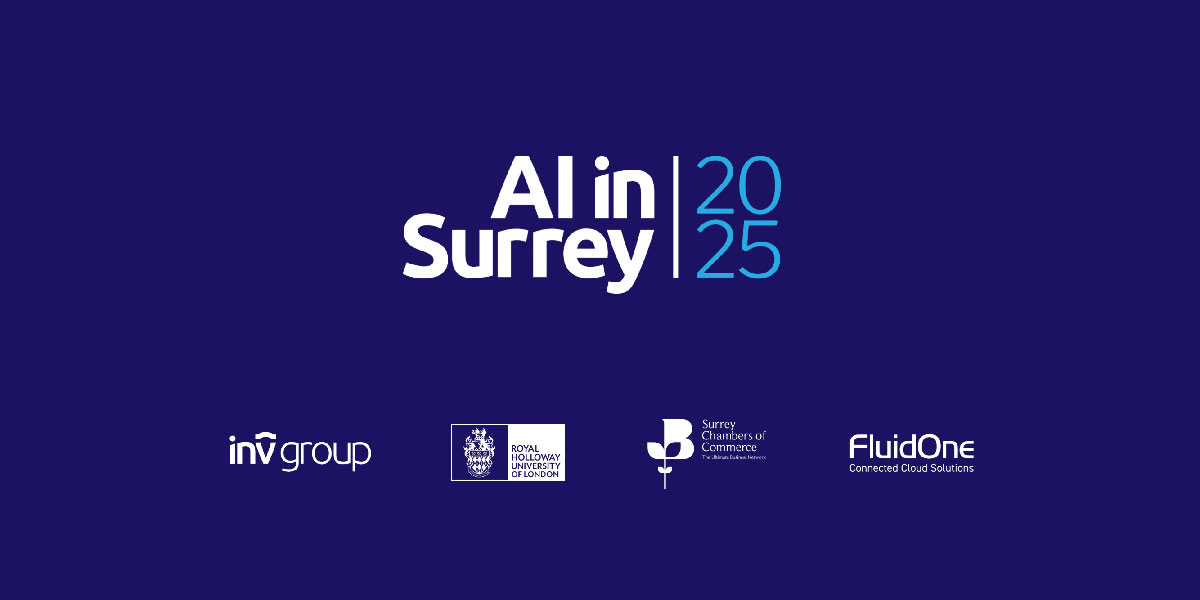Fitness trackers are now part of our every day lives, whether it’s a wearable on our wrist, or our smartphone tacking our sleep cycles.
This plethora of health data presents an opportunity. Typically, few analytics are fed back to the user, limited in both range and timescale. We took a broader approach; we investigated whether increased levels of stress, anxiety and depression (factors known to affect cardiac function) and general health measures could be accurately predicted using heart rate variability (HRV).
Over several months, we recorded HRV data from 652 student participants, using only wrist wearables. Simultaneously, the participants reported back on their levels of stress, anxiety, depression and general health. Within this time period, the students were undertaking exams, which provided us with a broad range of levels in stress, sleep, loss of appetite and more.
Using Machine Learning, we were able to train the wrist wearable to predict stress level, by tagging the training data with the student participant’s stress level (as measured with subjective questionnaires, weekly). Simply from HRV readings, the wrist wearable could gauge a student’s stress level.
This study opens the door to machine learning models that allow wearable users to be fed a regular, automatic measure of their psychological status, such as current stress level, without the need for any subjective input from the wearer. Simply bringing this awareness to the user could powerfully shift their emotional state. It would allow them the possibility of taking mitigating steps early, and help them engage with challenging emotions more objectively.
Read more about this study in the paper:
Deep learning with wearable based heart rate variability for prediction of mental and general health






